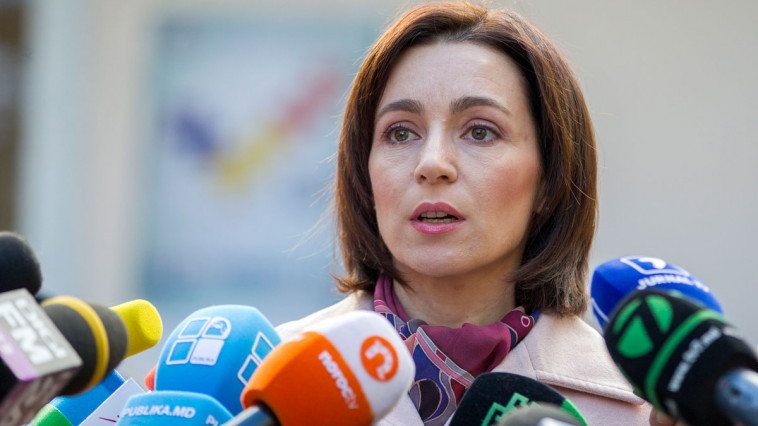Iulian CHIFU // The Reunion of the EU right wing opposition: The professional spring clean in Maia Sandu's clan

We whitnessed this week at the beginning of March, the event of reunification of the European right opposition, namely of the clan's political Maia Sandu. I say political clan because we are talking about a series of parties and political groups, but also individual personalities and professionals who are harmonized in the same political vehicle. I saw that Maia Sandu, the president of PAS, Andrei Nastase, PPDA leader, Viorel Cibotaru, PLDM president, may again stand together and act jointly as they did in the presidential campaign.
More joyful is not the rebirth of the right wing pro-European opposition unity, but I would say, the fact that the approach and the chosen topic are those that make the difference. It is no longer about small bites, toys or opinions, nor about options with less relevance, but rather about a fundamental topic for Moldova: the Transnistrian separatist conflict. Also extremely interesting is Oazu Nantoi's association, probably the deepest, the most knowledgeable and best known analyst on the subject of the Transnistrian separatism. Even more plastic, more cutting, the man you can not avoid on this domain.
Returning to the combination of the pro-European right wing opposition with known personalities on a professional field, I find this step a substantial gain. Finnaly the opposition gathers together these personalities, it relates to them and their knowledge and they themselves endorse substantial topics and the political construct that would be able to carry out public policies in the field. A symbiotic combination that can be settled into a calling of bringing in the foreground and in the public policy space of some renowned professionals and some really important issues.
The topic is welcomed and by the fact that it is launched on the eve of celebrating 25 years of the start of separatist conflict on Nistru River. And the primacy of the topic is relevant and well chosen, is strong and impactful - and this is validated by its subsequent takeover by third parties, representatives of other parties, both of the ruling parties and the opposition. It's also interesting to notice because it marks identities and positioning of the political actors in Moldova, creating and strengthening a pro-European assumed power, a leftist pro-Russian opposition, but with a President in office, and the pro-European opposition. Thusm it naturally emerges and the major differences between Maia Sandu's political clan and Dodon, PSRM, Zinaida Greceanii.
It becomes important that the opposition leaves the small, frivolous topics or the exchange of minor words and to make the leap into a more concrete space of the subject and heavy, profound, deep agenda, with complicated topics, and the approach to be seriously weighed and to formulate a real and meaningful analysis, but also policies and alternatives. Transnistria, the separatism, and the fate of the free movement across the Dniester become of prime importance and it is announced as an expression of adequacy to the calendar and moment and it concerns a large number of citizens, taxpayers and voters in Moldova.
The approach is welcomed and deserves to be noticed, even if we expect that Maia Sandu's political clan to acquire more substance, positions of reference and an ideational structuring that we are waiting for a long time. Perhaps the childhood of democracy on the Bic river ended and another pragmatic formula dominates the agenda, even if the ideological basis of the conglomerate of parties is still to be expected, as the draft and the vision of the pro-European right wing opposition leader, Maia Sandu, about the prospect of structuring and development of their political project with federal smack and several leaders. But the signal it's encouraging and we expect that the clear component of the scaffolding project of the opposition, with major relevance in the lives of everyday people, can be declared in the public space without distress and with the impact that it deserves, as well. Antagonizing Dodon's federalization projects and the utopian and unrealistic reactions and penalizing the absences of the actions of the power, the new political structure can become referentially, a competitor and a partner worthy of respect. But until the assuming positions and tough decisions in real time, Maia Sandu has a long way to go. She has to political maturity yet, she lacks experience but the Right Opposition leader also benefits from the opportunities of age. If she will know how to manage, to lead, to divide roles and to make the wide political group to act as one cohesive, Maia Sandu can continue to grow and affirm herself as a viable and perspective leader of Moldova.














